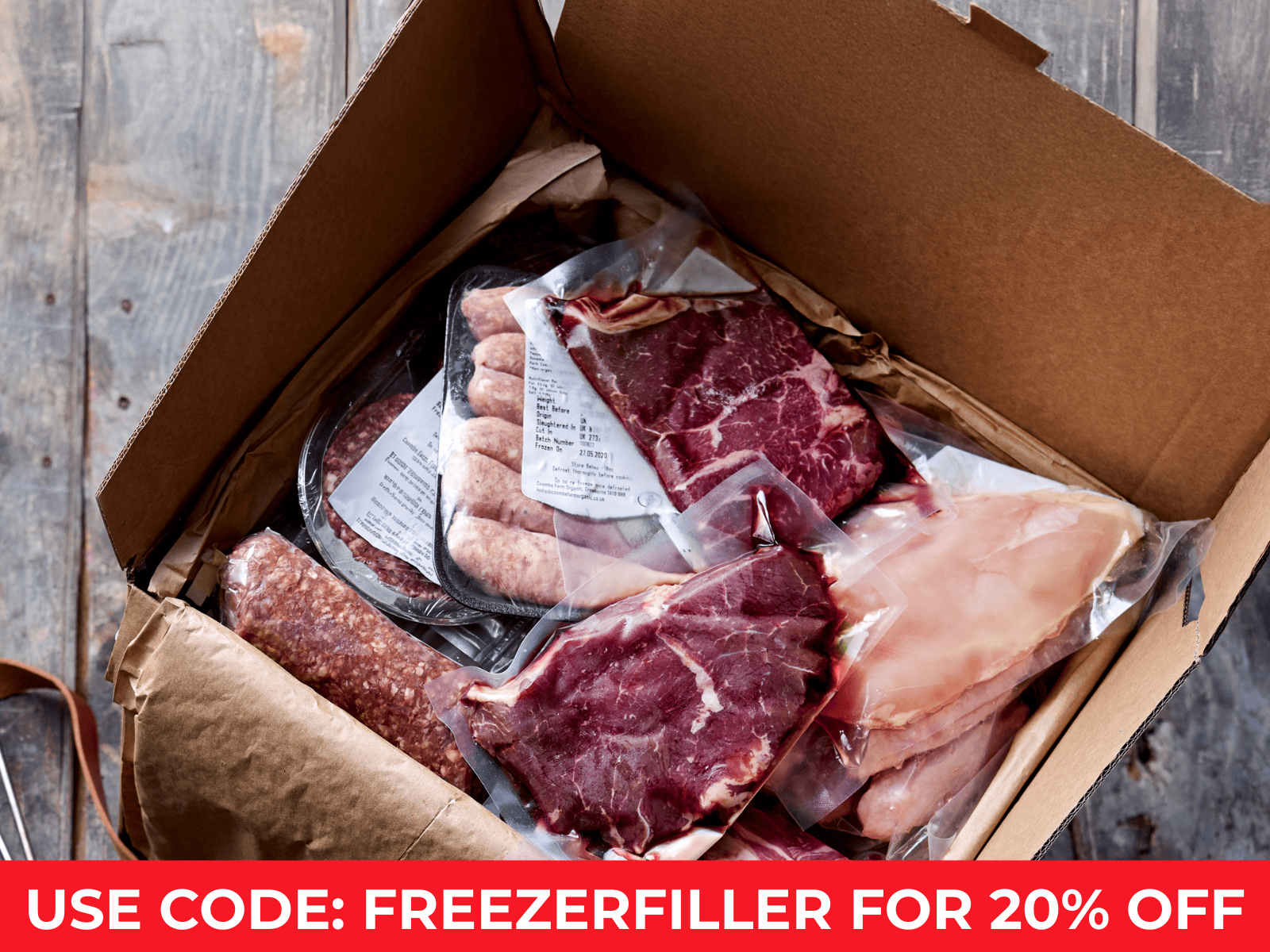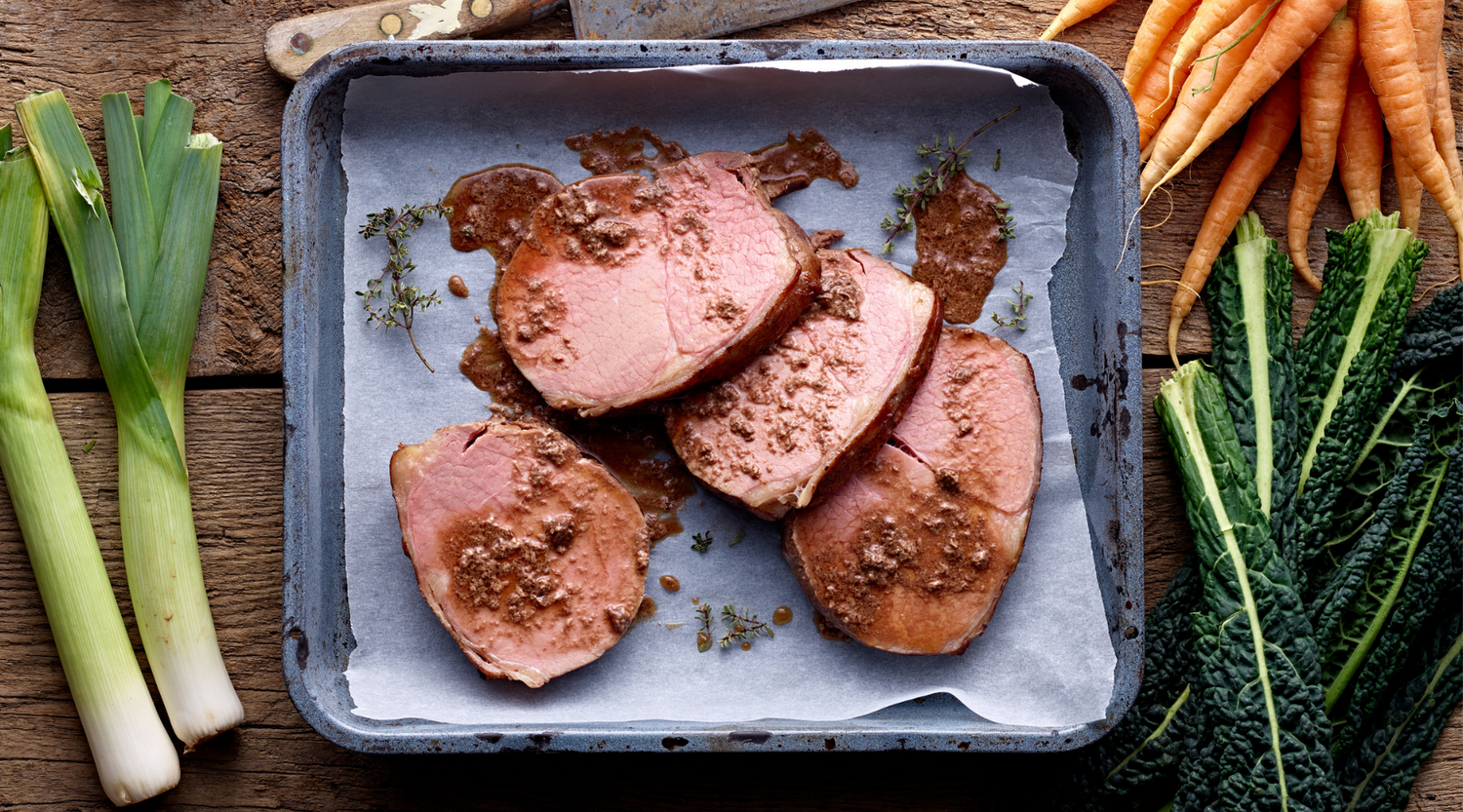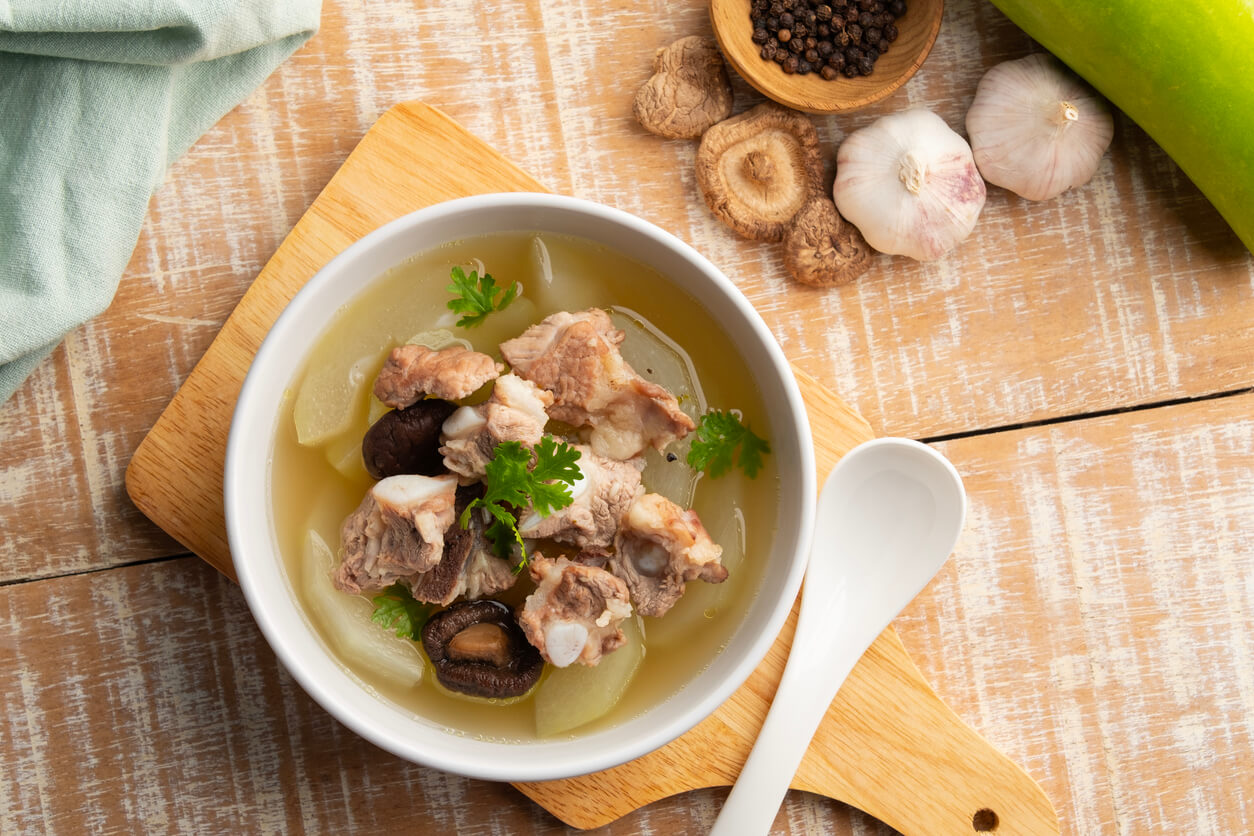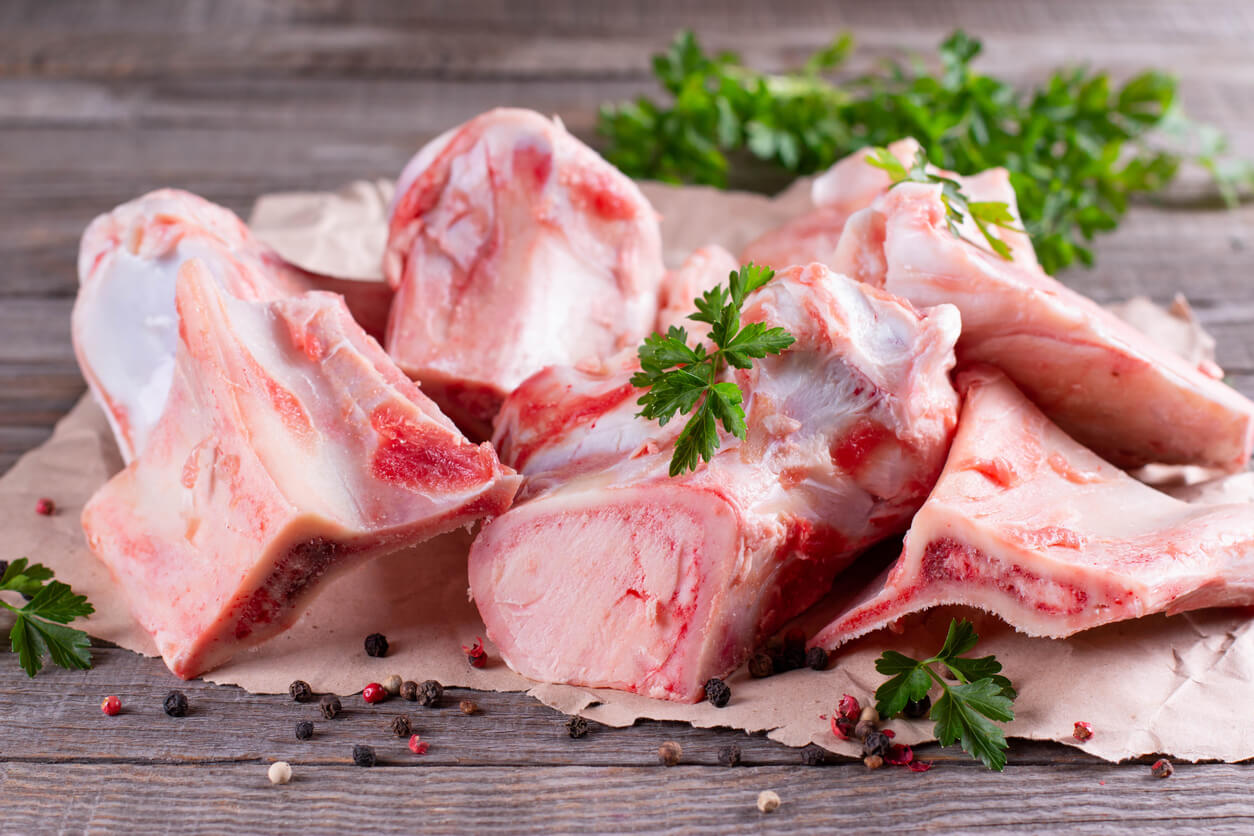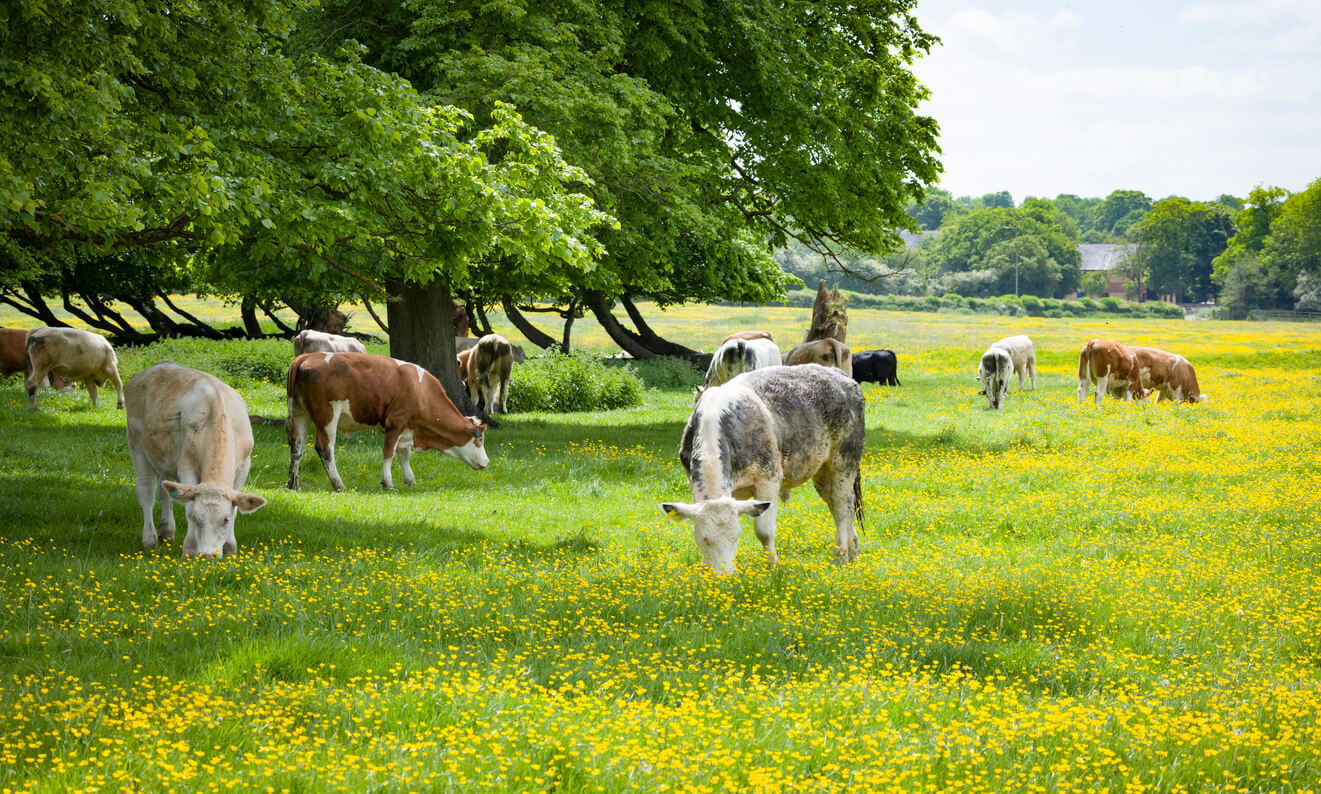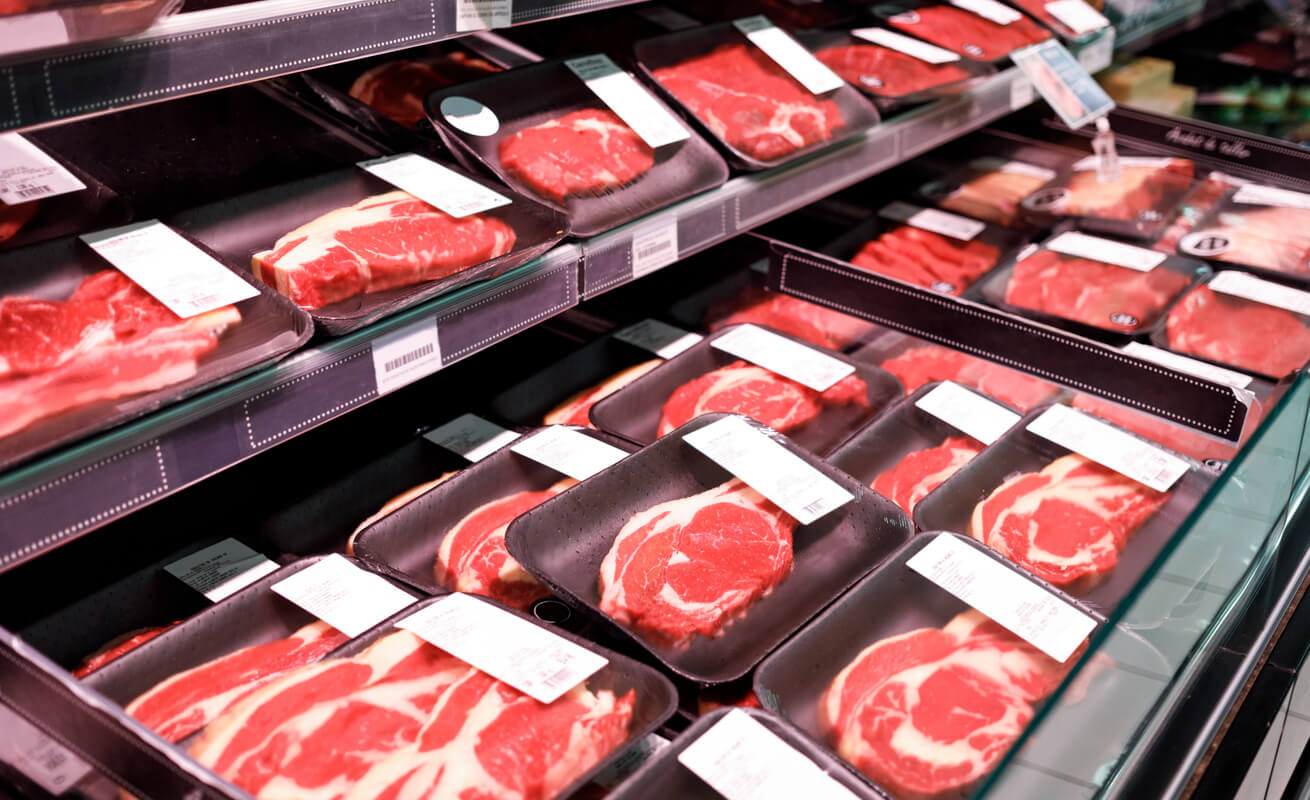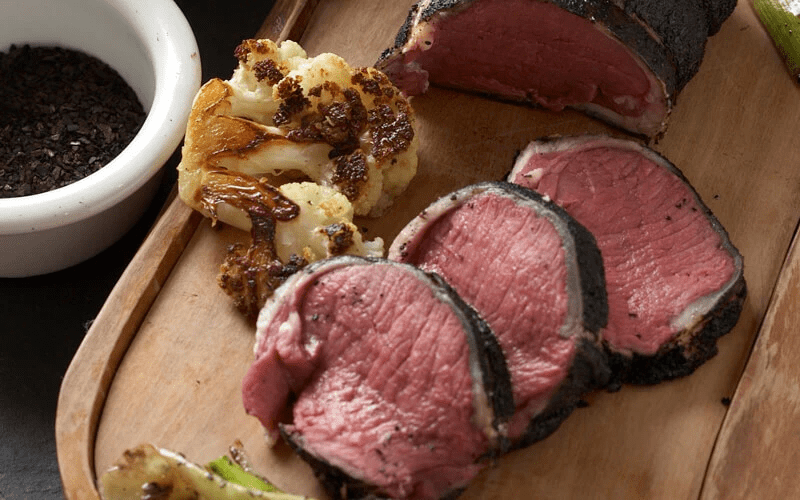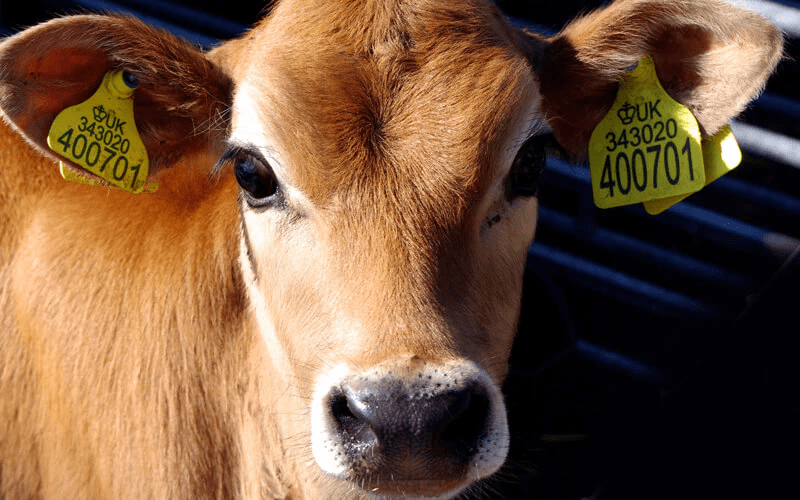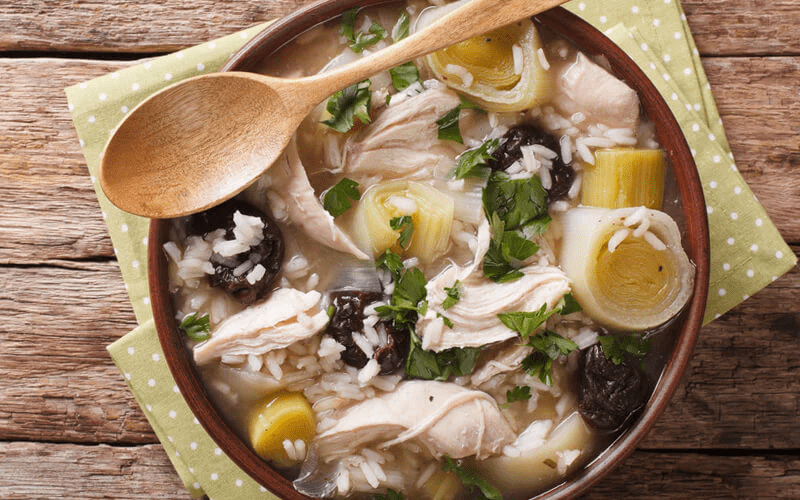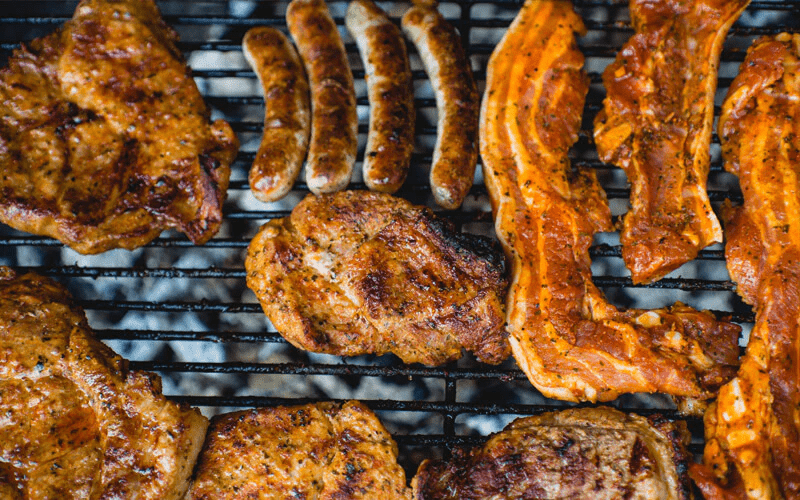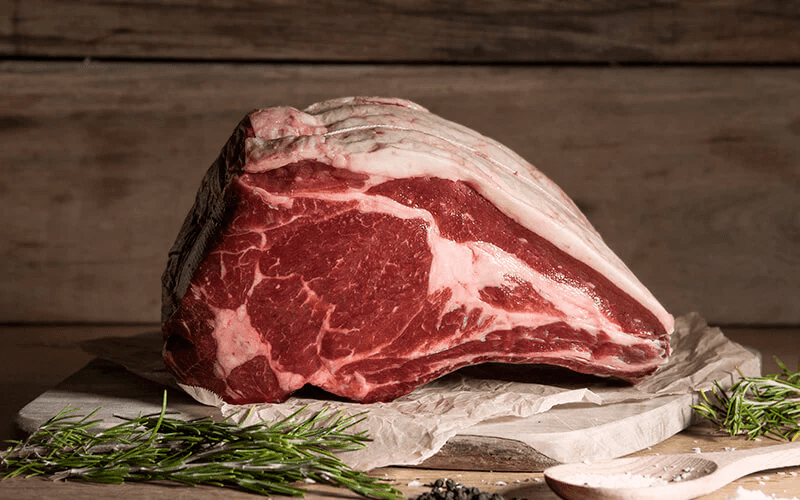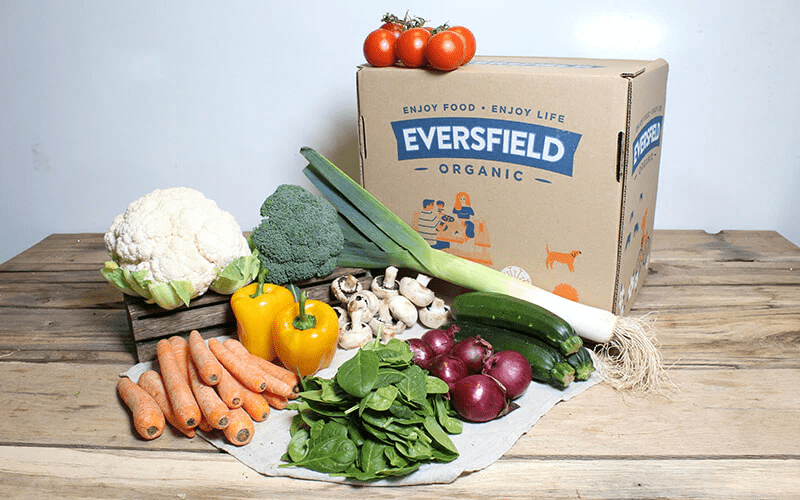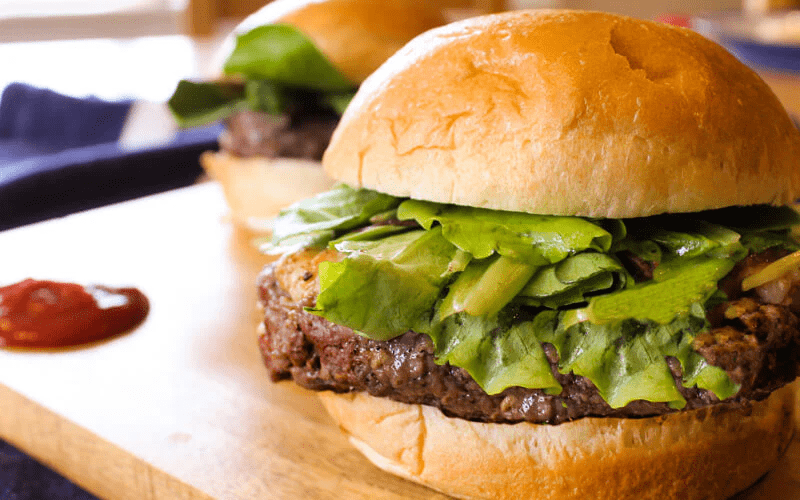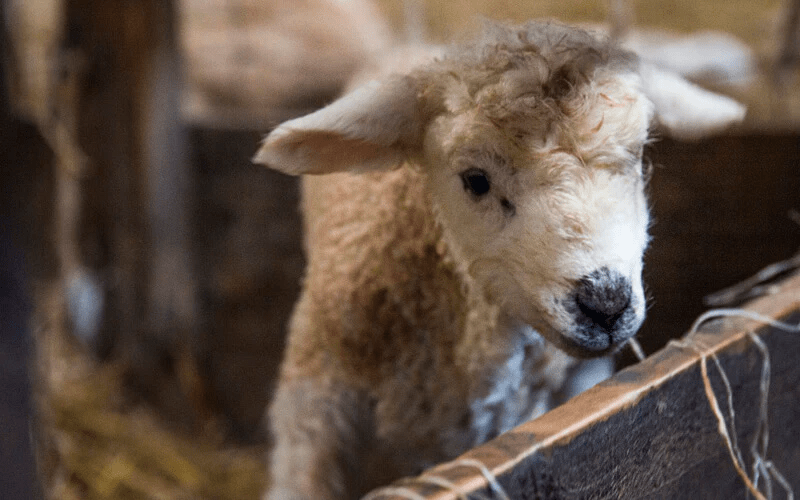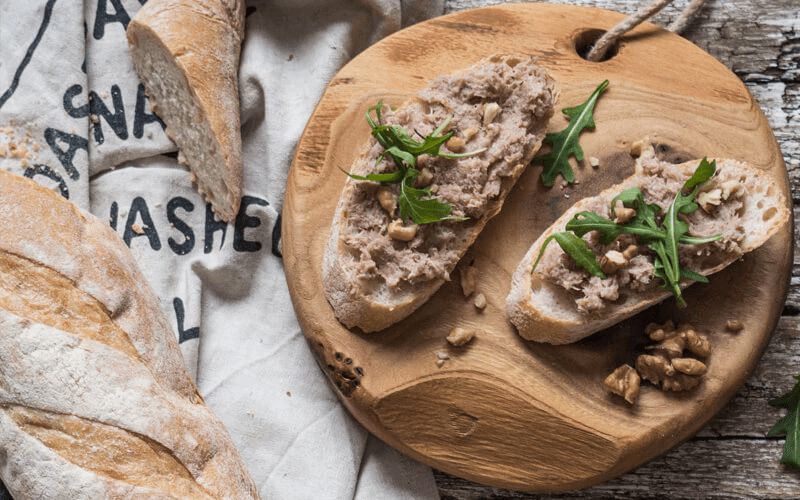Continuing our Eating For Health series with a diet featuring the best of both worlds.
It might seem strange for a meat company to say this, but we want you to eat less meat.
Can you really be eco conscious and a meat eater? We know that factory farming is one of the worst industries for global heating C02, methane and nitrous oxide emissions - our insatiable appetite for more and more, cheaper protein is literally choking the planet.
Is the solution to combating climate change to disavow meat entirely or is there another answer?
It might seem strange for a meat company to say this, but we actually want you to eat less meat.
Let us tell you more.

Part-Time Vegetarian
The concept of flexitarianism, or being a part-time vegetarian, is gaining popularity for good reason. Flexitarianism encourages a primarily plant-based diet while allowing for meat and fish. Basically it gives you the best of both worlds.
There are many reasons why a fully vegetarian diet might not work for you.
While it is entirely possible to achieve a fully balanced vegetarian diet, it does require more effort and planning. Nutrients like vitamin B12, iron, zinc, and omega-3 fatty acids are easily plentiful in meat but can be more challenging to obtain in adequate amounts from a vegetarian diet.
B12, essential for nerve function and red blood cell production, is naturally found in animal products, but for vegetarians may need to be added via a supplement.
Iron from plant based sources are not as readily absorbed by the body as the heme iron found in meat. Red meat, organ meat and shellfish are particularly rich in heme iron.
Omega-3 fatty acids are important for brain and heart health and are found in meat and fish in an easily absorbable state. While flaxseeds, chia seeds, and walnuts provide alpha-linolenic acid (ALA), a type of omega-3, the body needs to convert it to the more active forms needed for health.
Many vegetarian and vegan options available in supermarkets, especially meat substitutes like meat-free bacon and sausages, are ultra-processed. They contain additives, preservatives, and artificial ingredients and the production of these foods can strip away natural nutrients and incorporate unhealthy fats, excessive salt, and refined sugars. Despite being marketed as healthy alternatives and trumpeting labels like ‘fortified with iron’ or ‘high-protein’, ultra-processed foods have been increasingly linked to health problems and obesity. Read more about ultra-processed foods in our blog, here.
Aside from the health aspects, lots of us just really enjoy eating meat, and don’t want to give it up. Which is why we say: eat less, eat better.

Eat Less, Eat Better
Not all meat is created equal. Factory farming practices contribute heavily to environmental degradation and produce meat that is nutritionally poor. Organic farming, however, encourages biodiversity and plays an important role in reducing CO2. Grazing animals, like cattle and sheep, create their own fertiliser as they roam the fields, adding nutrients to the plants and improving soil health. This healthy soil then nurtures healthy pastures, which creates healthy livestock in a perfect cycle. Additionally, healthy soil helps draw CO2 out of the atmosphere in a process known as carbon sequestration, which mitigates climate change.
While organic meat is unapologetically more expensive, this is due to the more labour intensive process and the lower number of animals reared to keep them healthy and happy. Organic farming practices prioritise animal welfare, environmental sustainability, and nutritional quality, resulting in a meat that we believe does you good, does the planet good and tastes amazing.
By buying less meat, you can instead prioritise nutrient dense, sustainably produced, high welfare, organic meat.

The Best Of Both Worlds
We could all use more veg in our life, and so by choosing to add meat free days to your weekly meal planning means you will be upping your fibre intake, increasing the amount of vitamin C, A and E and hitting the newly recommended 30 plants a week goal for optimum health.
By keeping organic meat and dairy as part of your diet, you will also reap the nutritional benefits of essential nutrients such as vitamin B12, iron, and omega-3 fatty acids, which are important for overall well-being.
A flexitarian diet has been linked to improved heart health, better weight management, reduced digestive problems and a lower risk of chronic disease.
How to start? Here’s our top tips:
-
Start by adding more plant-based meals to your weekly menu. Planning ahead will stop the last-minute panic buying of ultra-processed, nutritionally poor vegetarian options.
Try the BBC Good Food’s every day vegetarian meals for family-friendly options, explore Yotam Ottolenghi for dishes for entertaining or dive into the Recipe hub at Riverford for veggie inspiration for any occasion.
- Eating less meat doesn’t mean you have to give it up entirely. Be mindful of portion sizes and try to make meat a smaller part of your overall meal and include a mix of protein, healthy fats, and fibre-rich foods to help you stay full and satisfied.
- When you do eat meat, opt for organic and ethically sourced options. Our selection of organic meat boxes offers a variety of cuts that are perfect for meal planning, find your perfect meat box here.

